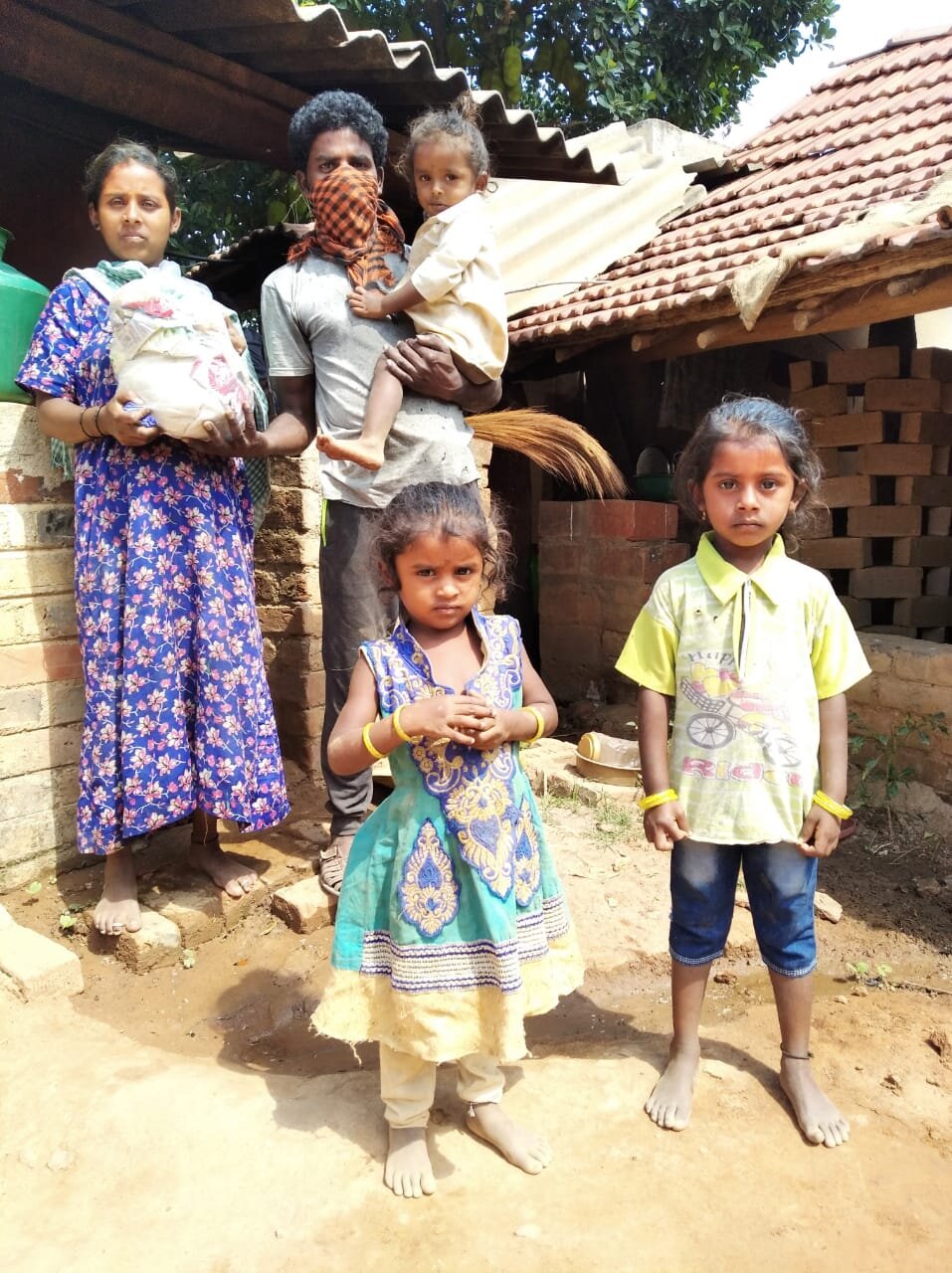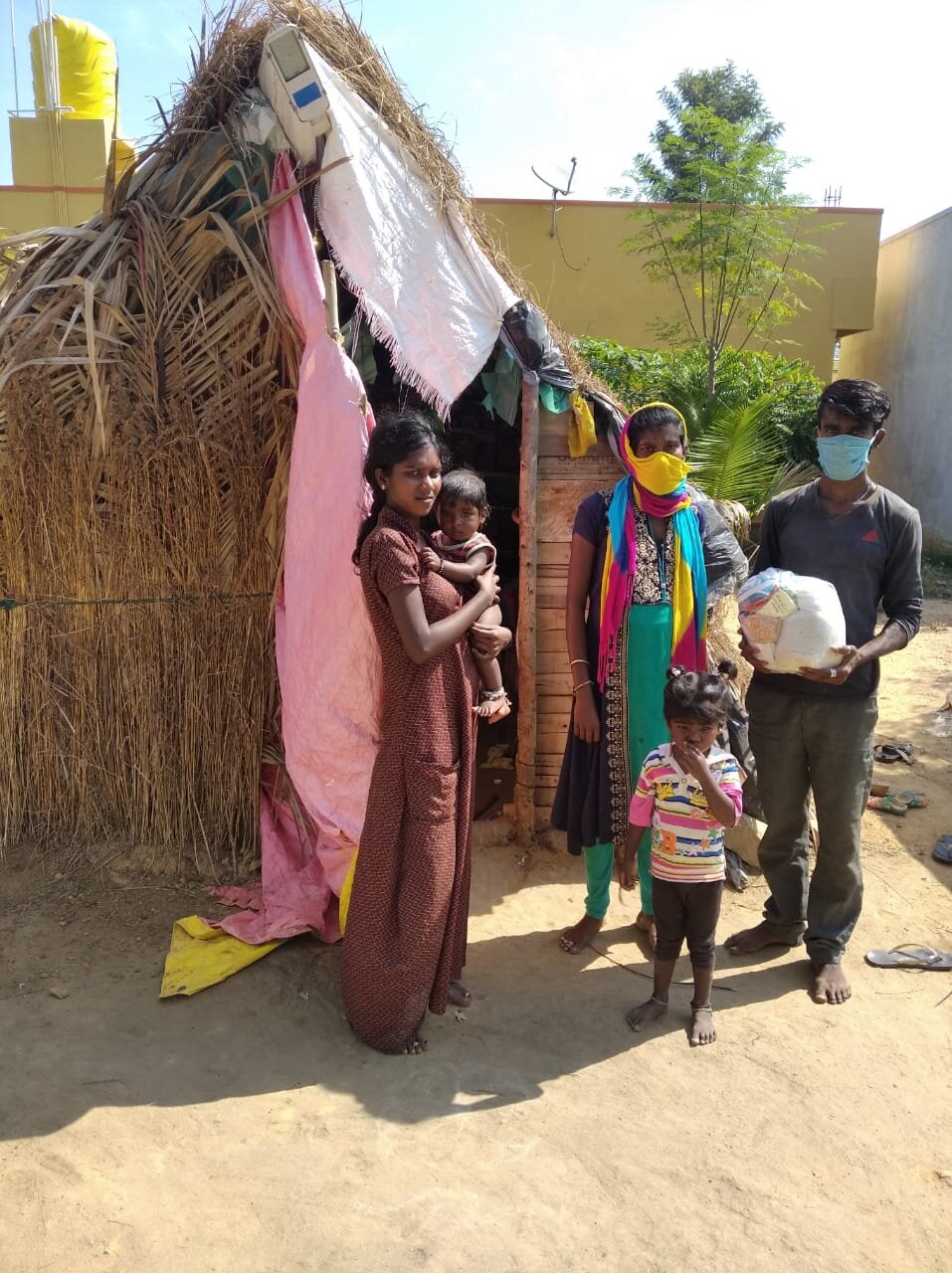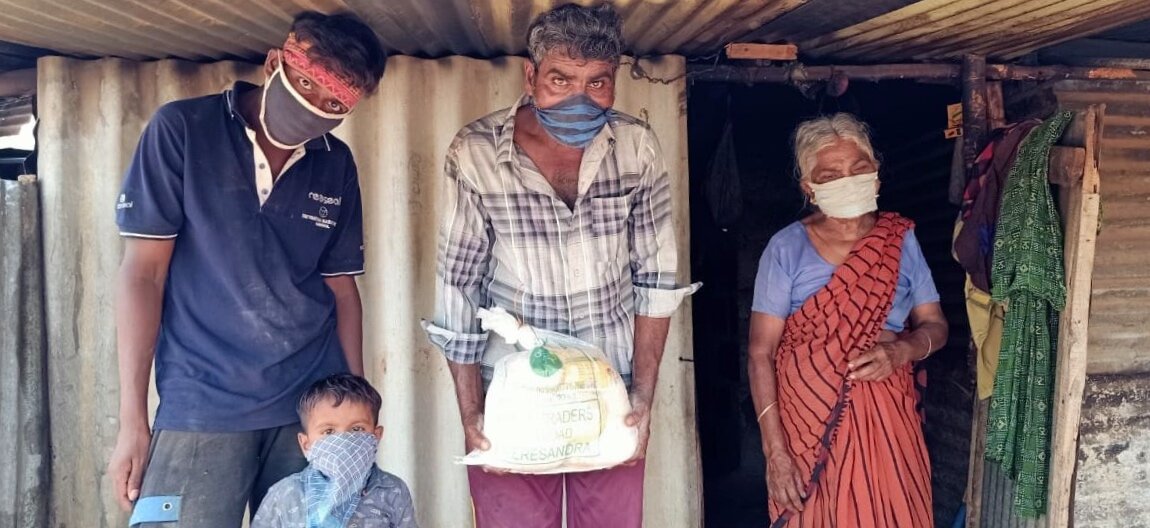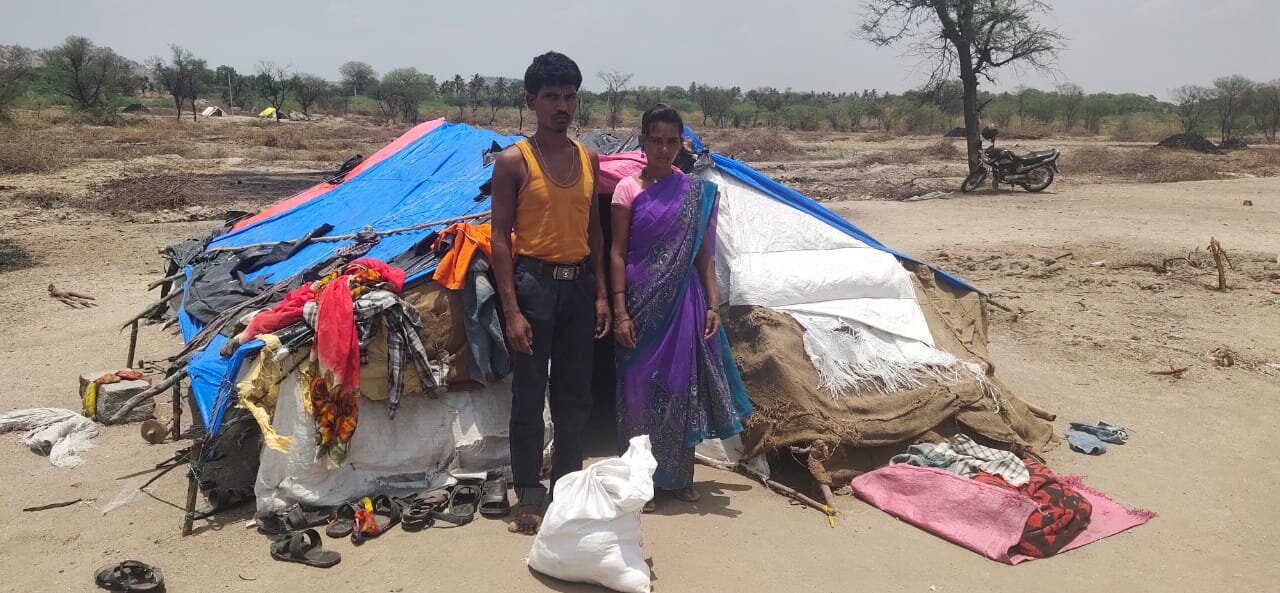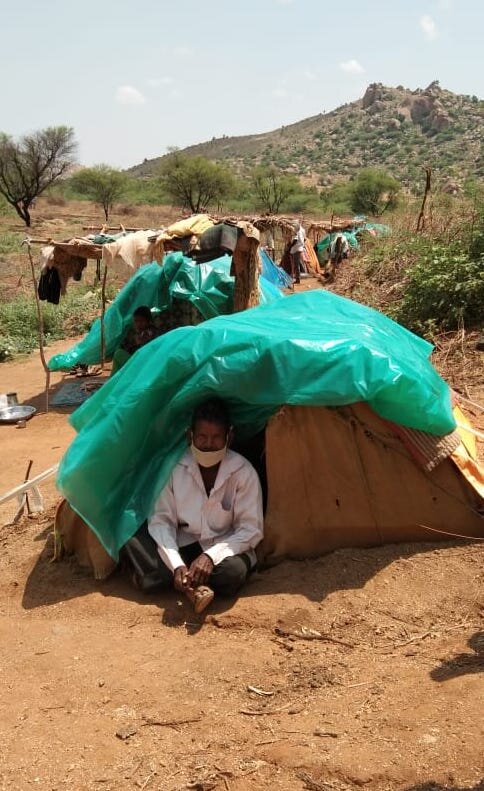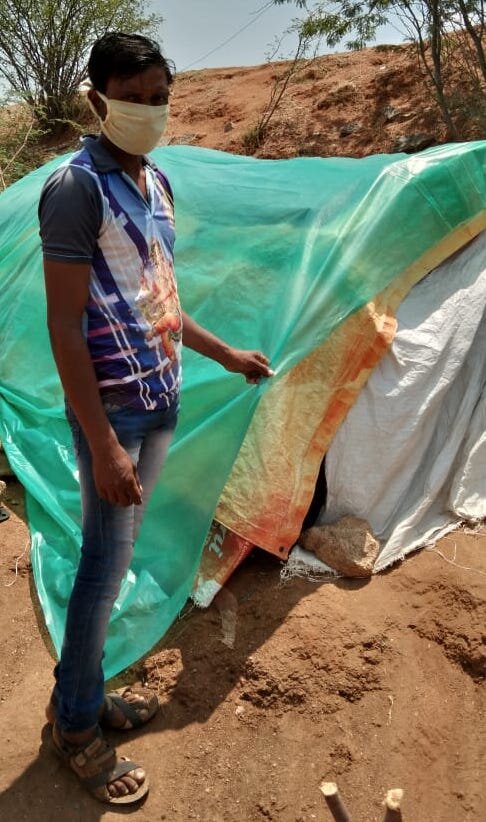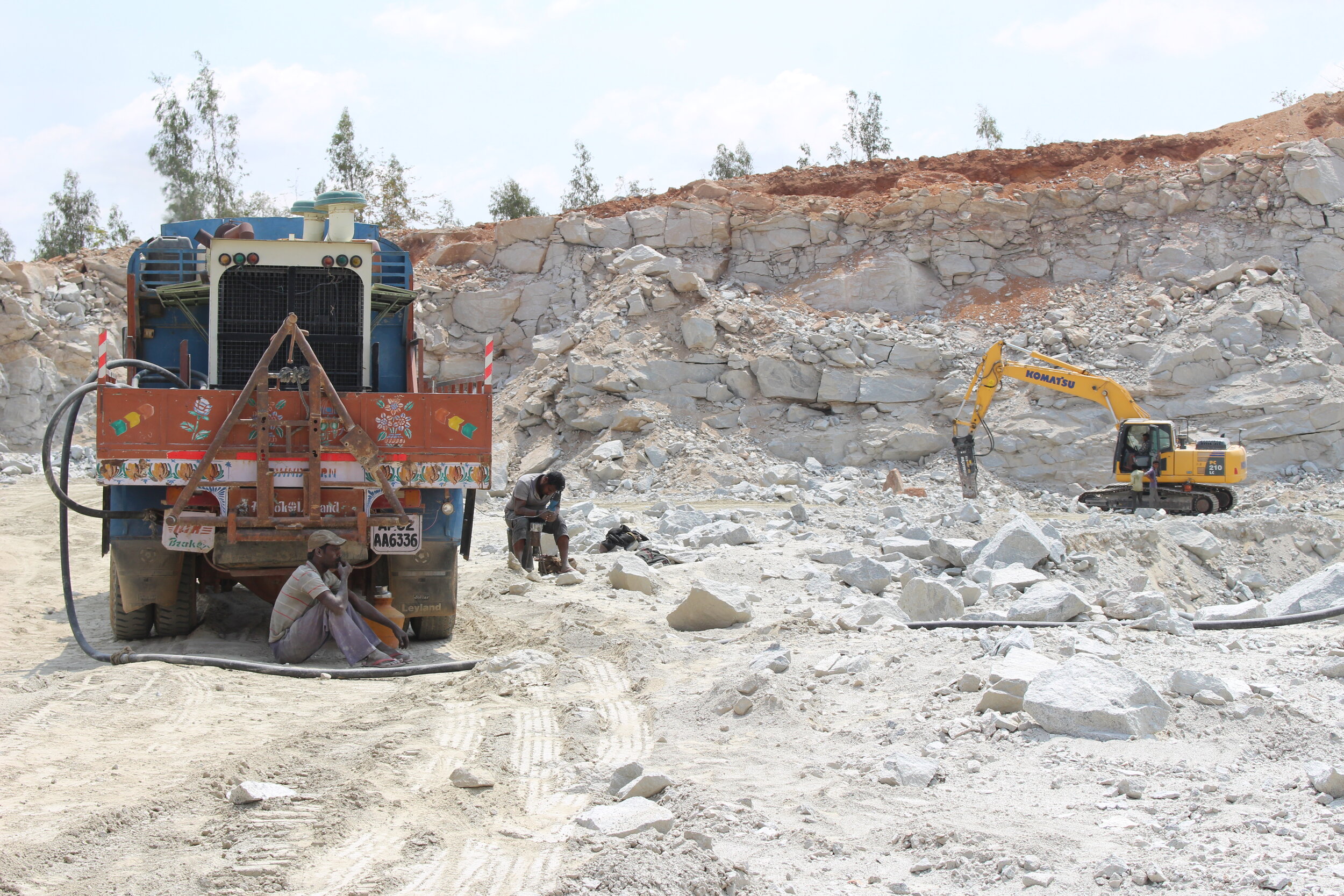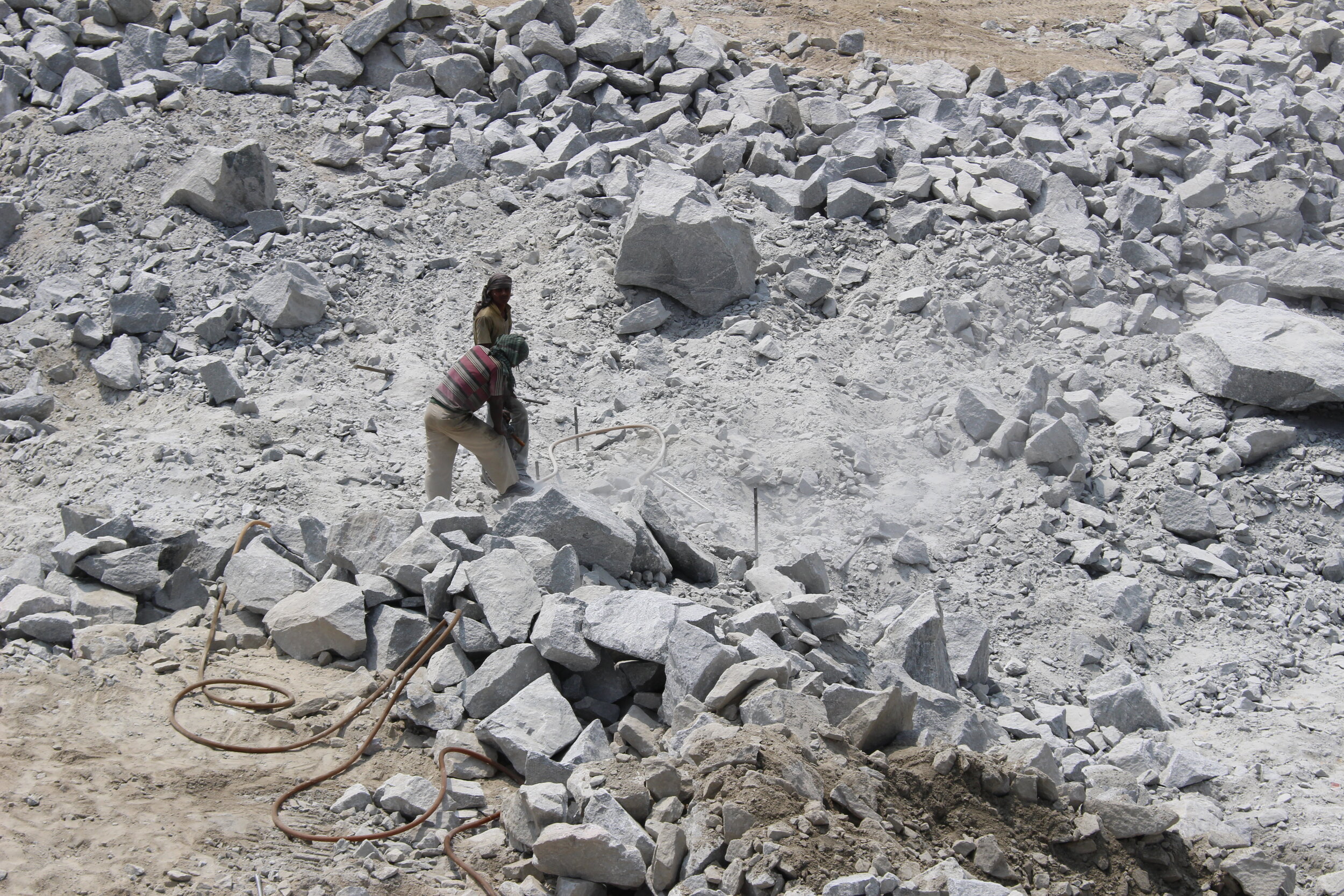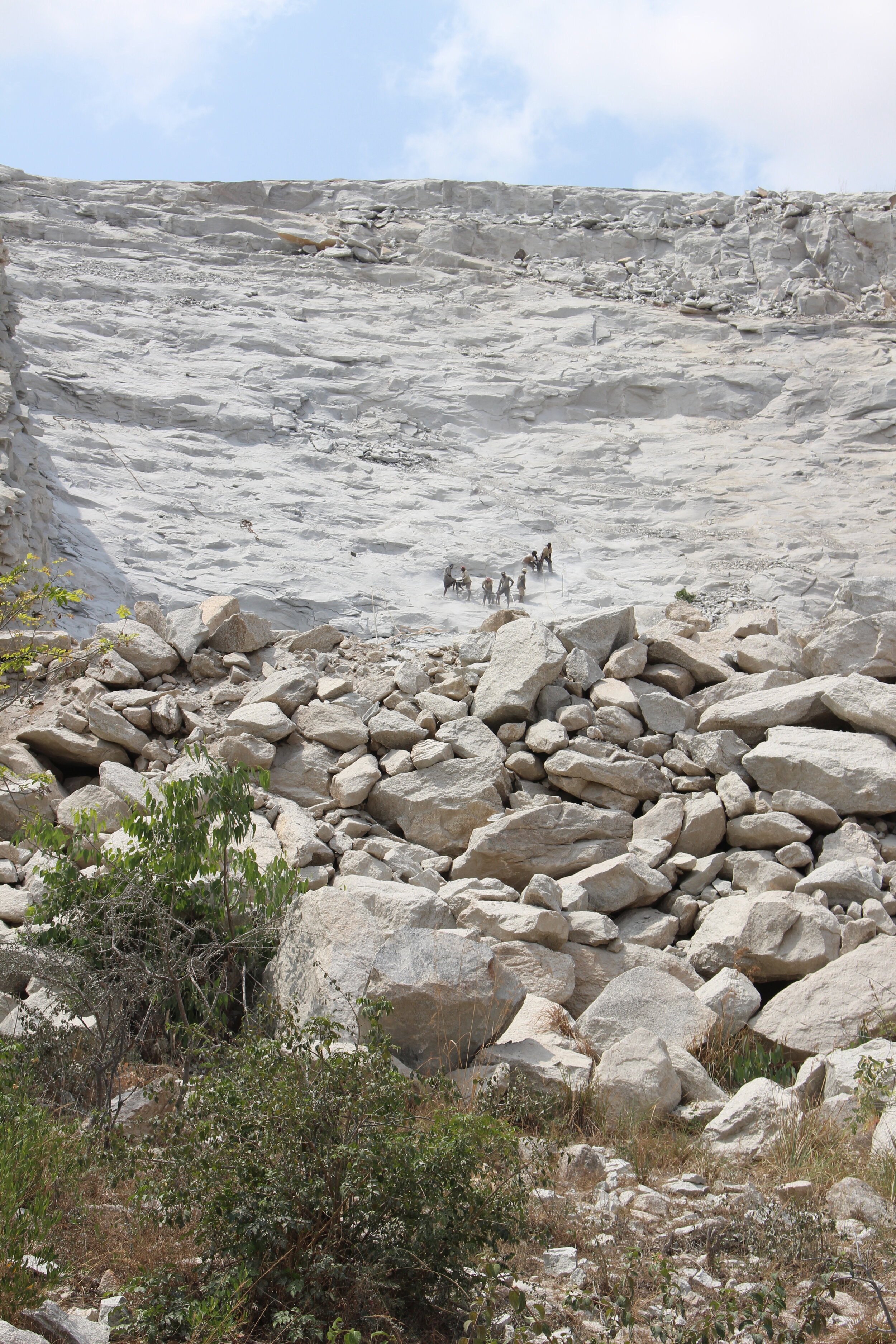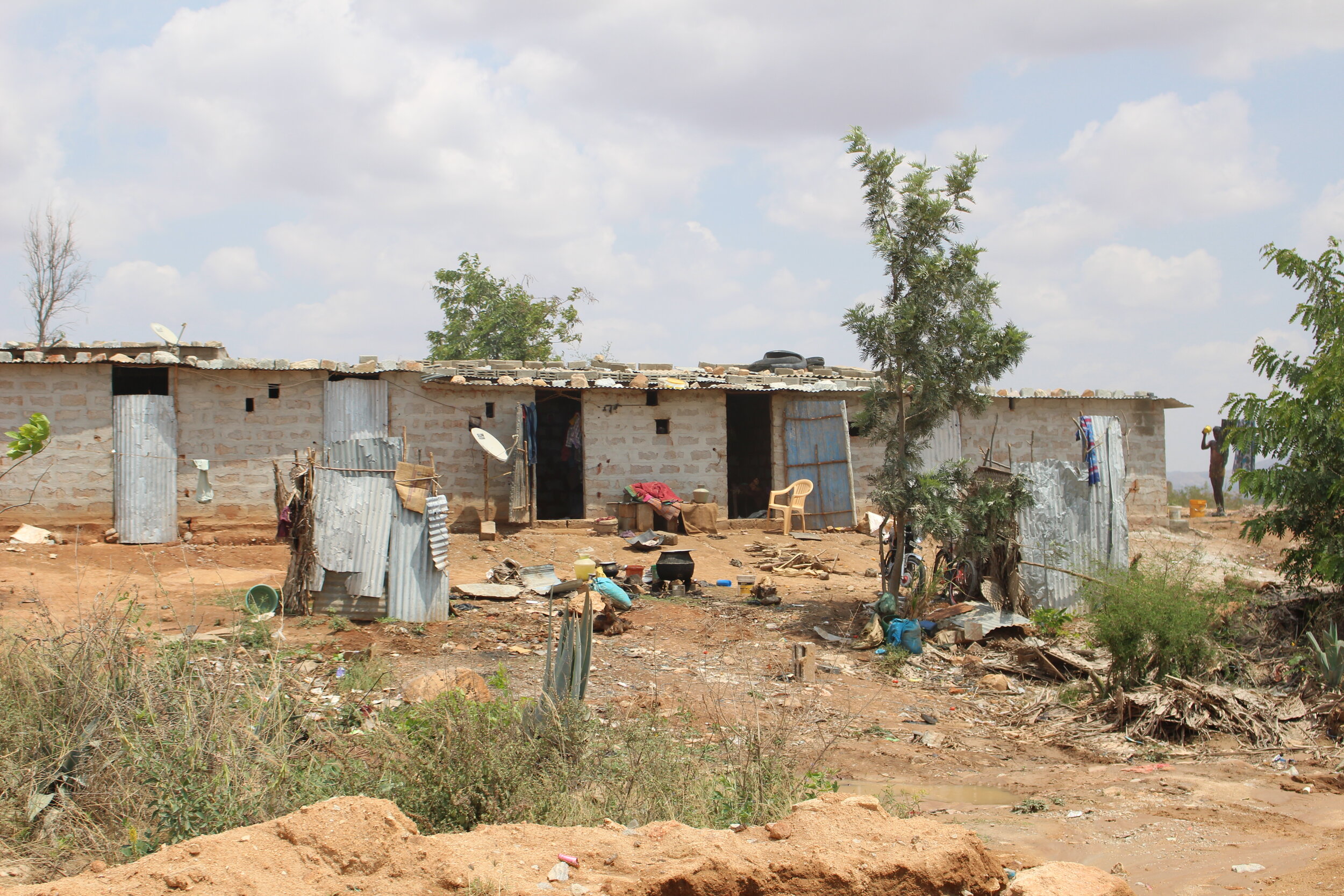Food, tarps and information: Freedom For All's partner Jeevika Free provides essential support during lockdown in India
As COVID-19 turned into a global pandemic, we at Freedom For All have focused our efforts on helping our partners adapt their missions. Three of our partners, Jeevika Free in India, Survivors’ Network in Cameroon, and Mentari in NYC, have had to reinvent the way they operate to help some of the most vulnerable.
In a three-part blog series, we’ll explore how these partners are responding to the pandemic, and why we believe that their new roles are essential in the fight against human trafficking and exploitation in times of crisis. In this first instalment, we’re off to Karnataka, India, where our partner Jeevika Free has been distributing food supplies to hundreds of migrant and local communities who lost all sources of income when a nation-wide lockdown was implemented.
***
“When the lockdown started and public transportation was shut down, people were all stuck. I thought that we needed to try and see what the situation was like for workers across the state, for women in our self-help groups, and for migrant laborers,” says Kiran.
Kiran Prasad is the head of Jeevika Free. For three decades, he and his teams have established a presence in most rural areas of Karnataka, monitoring instances of forced labor and freeing exploited workers. These people are mainly low-skilled workers, working in agriculture. When the Indian government declared a lockdown on March 24th, Kiran first contacted local authorities across the state to know what was being done to support vulnerable rural communities who would suddenly lose their opportunities to make a living.
“I wanted to know if people were receiving help. I was repeatedly being told that everything was under control, and that no one needed our support, that authorities were taking care of everything.”
However, as Jeevika Free activists were getting in touch with village representatives across the state, stories of despair started pouring in.
“In one district, a group of 40 workers got in touch with our activists. They were hired by a contractor to work on a government project. The lockdown started, the contractor never showed up, and the workers were left wondering what to do, with their only promise of income gone.”
In this situation, like in many others, workers are employed as daily wage laborers, which means that they only get a day worth of payment for their work at a time. 32 out of the 40 workers were low-skilled migrant workers. They had traveled from another state for this very job. Some of them could barely speak Karnataka’s language.
“When the lockdown started, most of the farm work came to a standstill. Silk factories, where we are also monitoring instances of bonded labor and labor rights violations, shut down. People were left with no way to make a living, and barely any food to survive,” Kiran explains.
Jeevika Free decided that if no one was going to help, they needed to be the ones to provide these families with food. With the support of Freedom For All, they were able to start distributing food supplies mid-April. In their latest round of distribution, during the third week of May, they’ve provided close to 6,700 people in 433 villages and workplaces with food. 2,272 of them are migrant workers working in stone quarries, poultries, brick kilns, and silk factories.
“We don’t have a standard uniformed food package,” Kiran explains. “Our activists meet with communities and ask them what their most pressing needs are.”
Community leaders then go buy food and supplies needed by the community, along with a Jeevika Free activist.
“In one area,” says Kiran, “we met with semi-nomadic groups who travel and usually earn money selling utensils, clothes, and house objects to families who cannot afford the travel to bigger towns, where those items are available. Their business basically stopped in the span of a day. They needed food. But they also asked if they could buy tarps, which are essential to protect the makeshift shelters in which they live.”
According to the latest census, over 60% of the population of Karnataka lives in rural areas. Getting access to industries where bonded labor is likely hidden is crucial for Jeevika Free, whose work is to identify workers in such situations across the state. The shutdown has created an opportunity to identify more exploited workers.
“The one silver lining, if we can call it that way, is that we’ve gained access to many parts of the state we previously couldn’t enter,” says Kiran. “For instance, for a long time we couldn’t really understand and gauge the situation of migrant laborers working in stone quarries. But now, because of the lockdown, almost all of the stone quarries’ owners deserted the place, and the workers were left stranded. They had no way of getting back home, no food. They were desperate, so they started calling out for help. Our activists have been able to get in touch with people in close to 100 different stone quarries.”
Stone quarries are another setting where Jeevika Free activists have long suspected the incidence of bonded labor, and of labor rights violations. Being able to exchange with workers at the quarries is an opportunity for them to better understand what happens there on a regular basis.
“We’re getting valuable information about the condition of migrant workers in the quarries,” says Kiran. “There is bonded labor in a lot of them, there are labor rights violations, we’ve gained a lot of insight. The contacts we are making now will help us address migrant bonded labor issues in the future, especially because a lot of them have no plans to return to their home state.”
While stone quarry workers might be stuck without a job for a while, Kiran feels confident that most of the workers they are helping now will be able to get back on their feet soon. He strongly believes in the ability of the agriculture sector to start again once the lockdown is lifted.
“The rainy season is expected to start on time, in June. Work will pick up in agriculture then, and most local workers will be able to make a living again.”
In addition, the Indian government has promised to strengthen the existing but historically malfunctioning Mahatma Gandhi National Rural Employment Guarantee Act. Among other things, it provides rural farmers with at least 100 days of wage employment per year. While the government has been criticized for not holding up to the Act promises in the past, farmers are confirming that funds from the scheme have started to come in in the past few weeks. Other sectors might not be so lucky.
“There is uncertainty for every other type of work,” says Kiran. “For instance, brick kilns and stone quarries won’t reopen for work unless construction projects in the cities resume. It’s too early to say if the labor landscape is going to change in rural Karnataka. But one thing is certain: apart from agriculture, most labor depends on migrant workers. The state has to recognize that.”
As of this writing, Karnataka has slowly started loosening restrictions. Travel within the state has resumed, with safety measures implemented, and very few so-called “red zones” remain across Karnataka. The state government also announced that all migrant laborers are to receive 5kg of rice and 2 kg of lentils for the end of May and the first two weeks of June.
“We’ll make sure this happens,” concludes Kiran.
Text and pictures by Chloé Perceval. Food distribution pictures courtesy of Jeevika Free.

